Between mountain and river, men-at-arms, beasts of burden and pedestrians bring to life a landscape imbued with poetry. At random on the bends of a path, while merchants lead their loaded donkeys, a soldier eager to know his future has his palm read by a gypsy. Our painting seems to be a vanity in which life is embodied by the force of the waterfall and death by the petrified trees stretching out their arms. Can we not see in the central rocks the shape of a skull, an evocation of this vanity? This way of humanizing the elements of nature and giving them life characterizes Momper's painting in his youth, it is one of his trademarks. Finally, beyond the picturesque nature of the landscape, can we detect in the palmistry scene a moralizing connotation warning against false prophecies and interested seduction. The composition is based on the principle of atmospheric perspective constructed along an oblique vanishing line allowing the articulation of the whole towards a vaporous horizon. Indeed, through a succession of fine glazes, we enter the scene in a range of brown and ochre gradually giving way to the range of yellow-greens, to finish with gray-blue tones in the distance. The strokes of light placed here and there on the vegetation or on the waves amplify the contrasts.
Like a jewel case, the Dutch frame with an inverted profile in blackened wood magnifies the scene.
Dimensions: 48.8 x 64.5 cm – 71 x 86 cm with the frame
Sold with invoice and certificate of expertise.
Biography: Joos de Momper or Joos II the Younger (Antwerp 1564 – Id. 1635) belongs to a dynasty of painters and art dealers. Thus, it was from his father Bartholomeus that he learned painting. Received as a freemaster at the Guild of Saint Luke in Antwerp at the age of 17, he became dean in 1611. With a new outlook, both lyrical and powerful, his mountain landscapes met with real success and made him a major painter of his time. A trip to Italy, probably between 1581 and 1590, is said to be at the origin of this vision of vast mountain panoramas. The quantity of "Momperian" paintings is such that it is accepted that his studio was largely populated by apprentices. Joos de Momper signed only a few works. Joos de Momper's works are exhibited in the greatest museums: 4 at the Rijksmuseum in Amsterdam, 5 at the Prado in Madrid, 4 at the Gemäldegalerie in Dresden, 5 at the Louvre Museum in Paris, but also at the Hermitage in Saint Petersburg, at the Art Institute of Chicago and in the famous Kunsthistorisches Museum in Vienna.
Bibliography:
- ERTZ, Klaus, Josse de Momper der Jungere (1564-1635). The Gemälde with a Critical Work Catalog, Freren Lucas, 1986.
- GIBSON, Walter S., Mirror of the Earth: the World Landscape in Sixteenth-Century Flemish Painting, Princeton, Princeton University press, 1989.
- THIERY, Yvonne, Flemish Landscape Painters in the 17th Century: Precursors to Rubens, Lefèbvre, and Gillet, 1988.
- VLIEGHE, Hans, Flemish Art and Architecture: 1585 – 1700, Yale University Press, 1998.





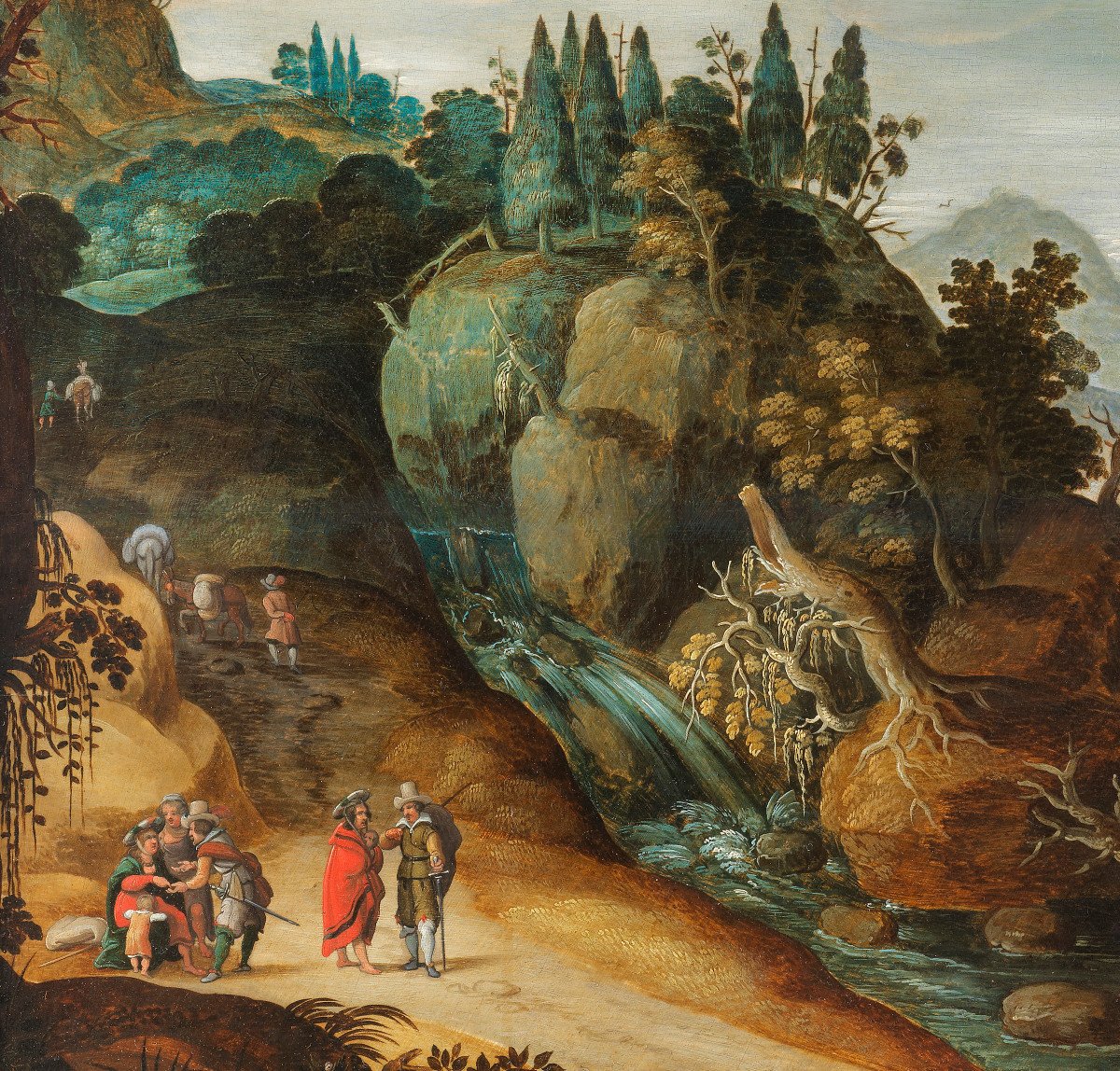

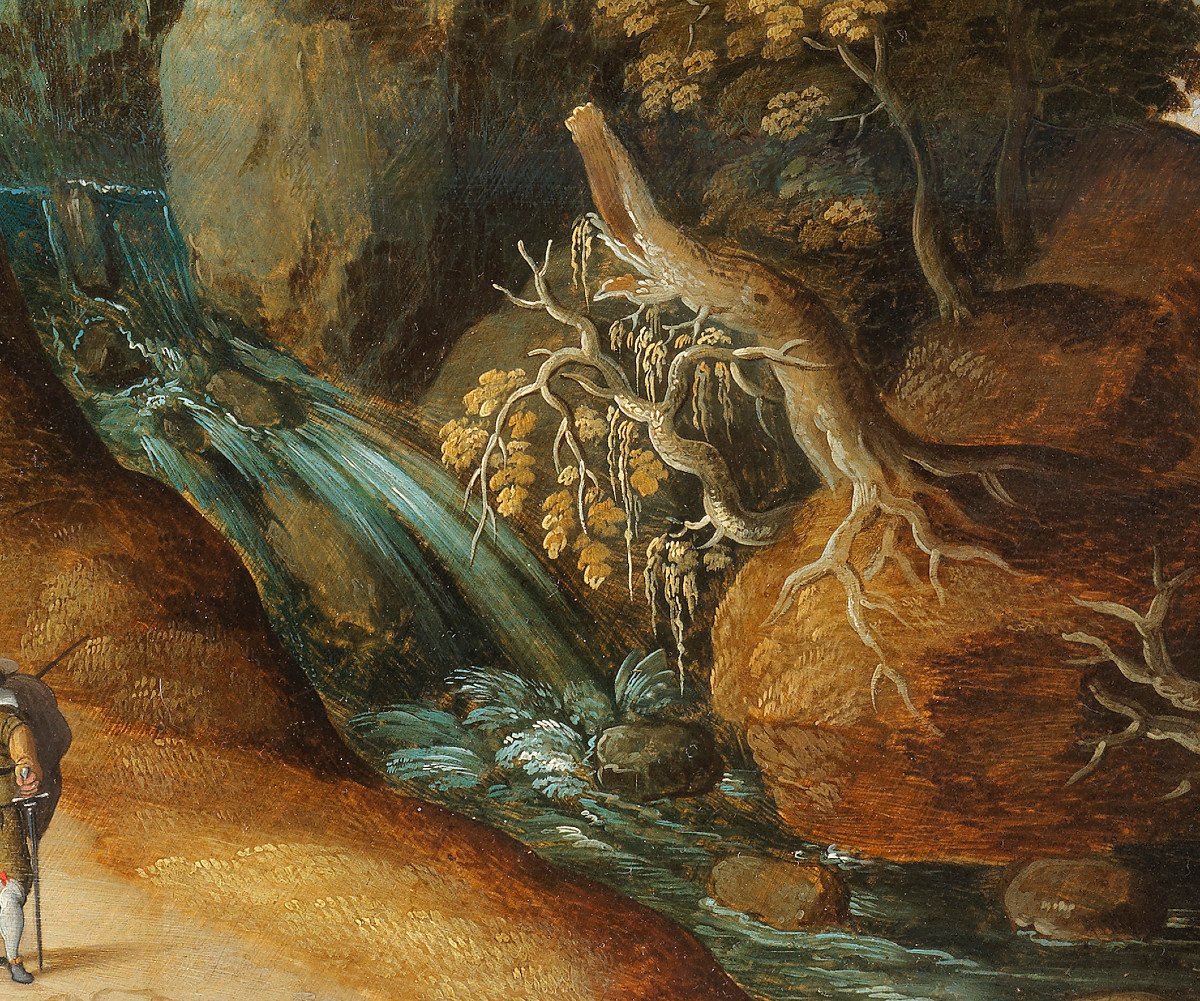
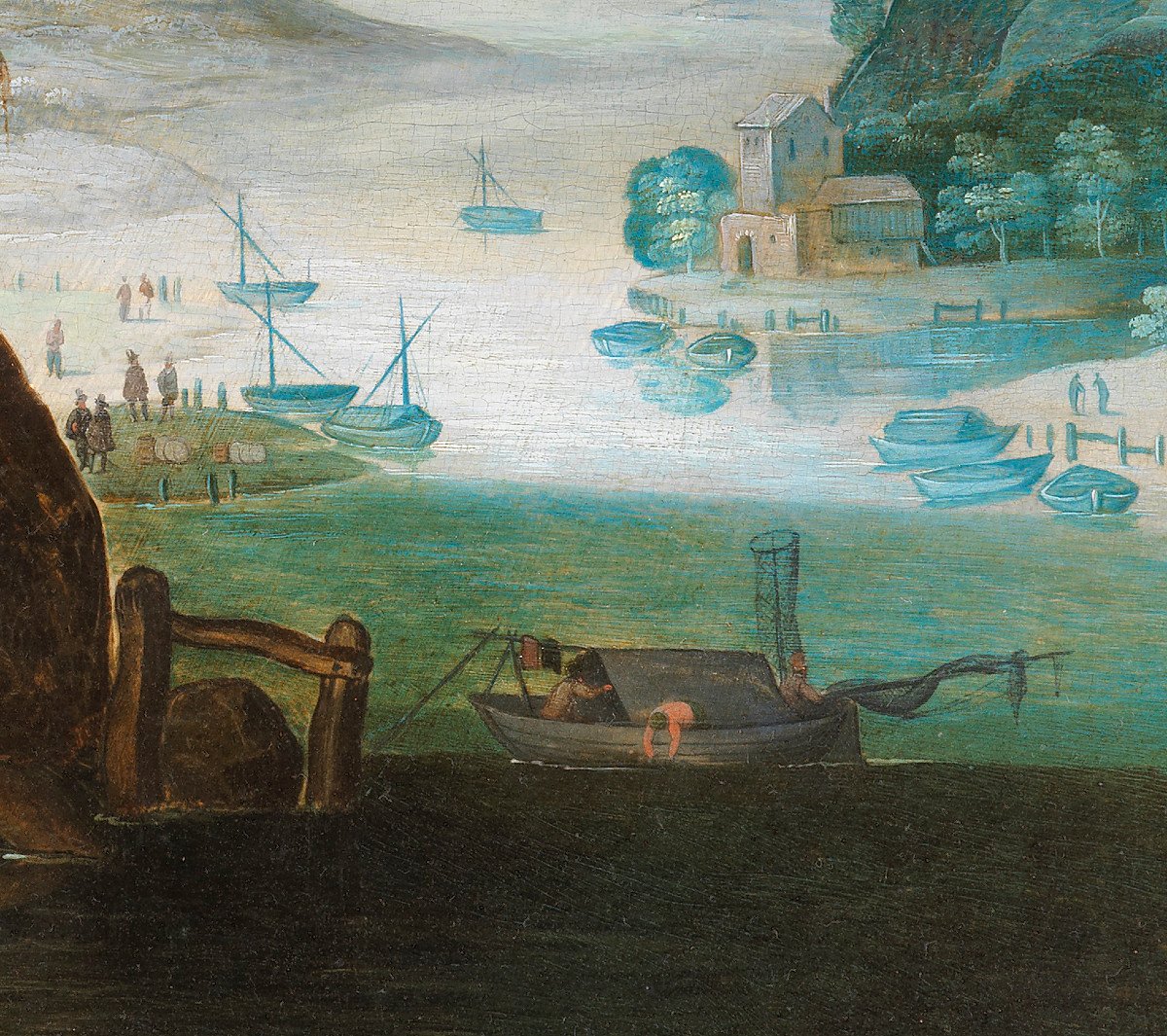
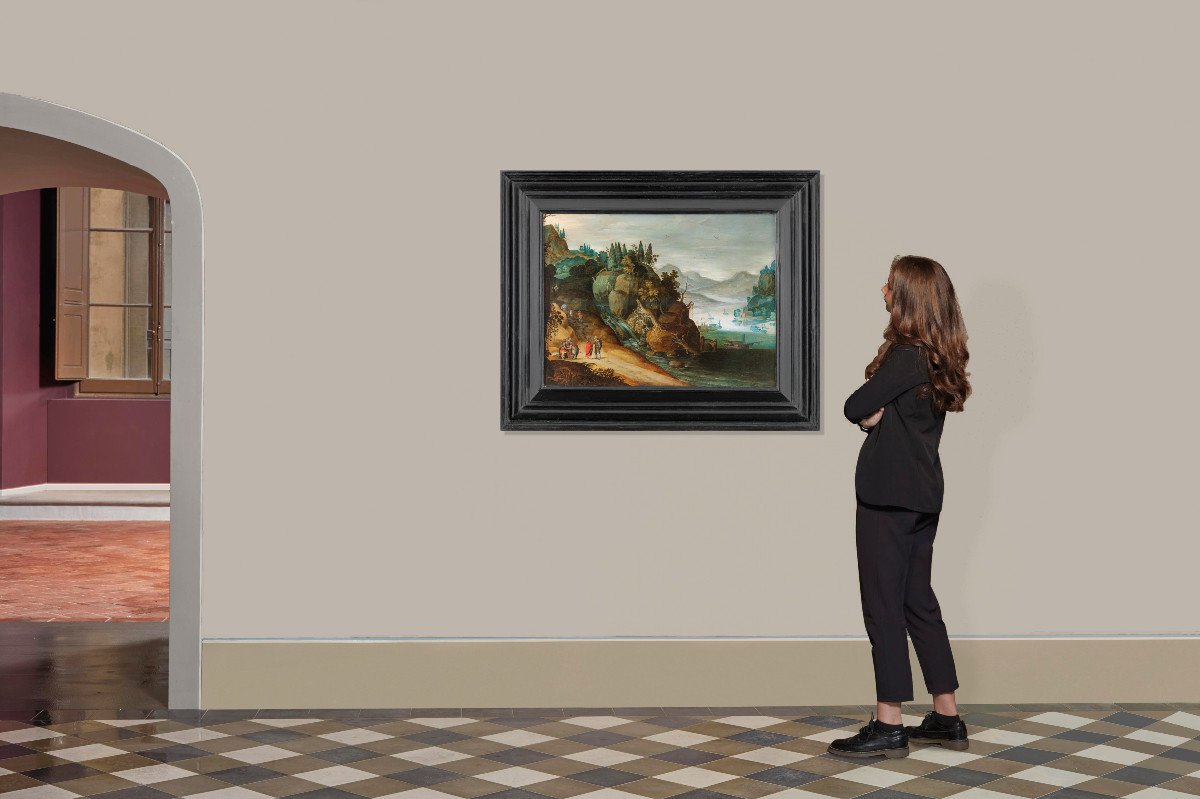






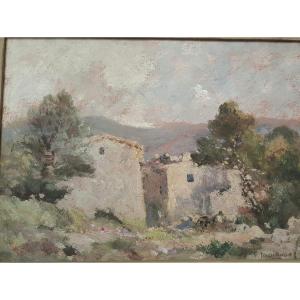


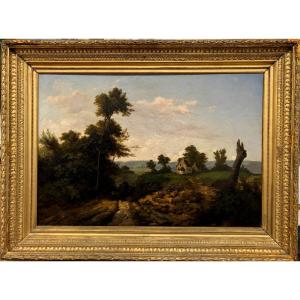





 Le Magazine de PROANTIC
Le Magazine de PROANTIC TRÉSORS Magazine
TRÉSORS Magazine Rivista Artiquariato
Rivista Artiquariato
